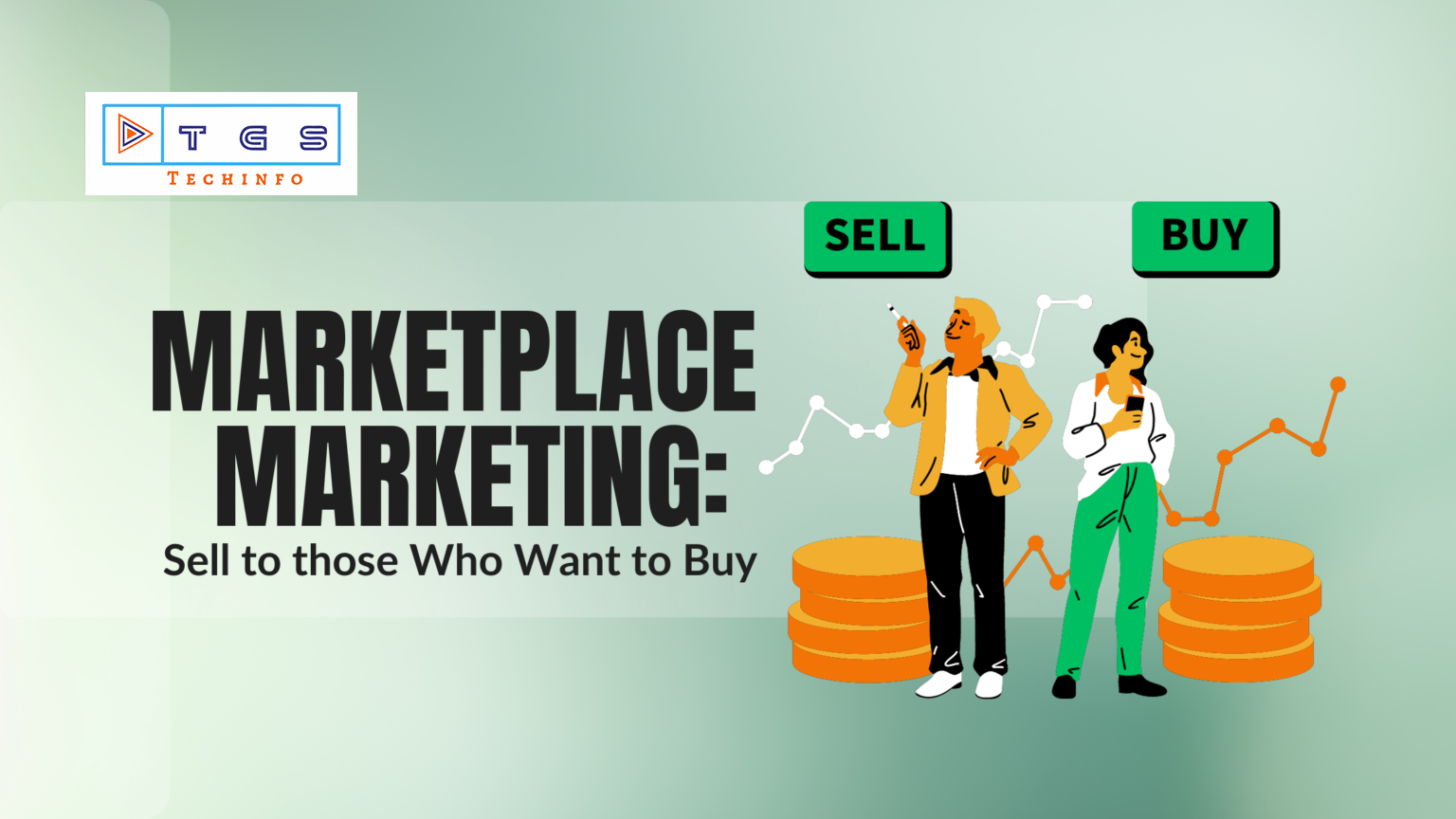Amidst the surge in digital selling post-pandemic, promoting your online marketplace demands a strategic approach now more than ever. The challenge? Acquiring not just customers, but sellers too. Enter the crucial need for a robust Marketplace Marketing Strategy to maximize your business potential.
Explore below the top-notch strategies and considerations to amplify your marketplace presence through effective Marketplace Marketing.
What is a Marketplace?
A Marketing Marketplace serves as a pivotal space where diverse individuals, either physically or virtually, engage in trade. Understanding its dynamics and leveraging its benefits is fundamental for effective use. Here, we delve into the essence of a marketplace, its goals, and the advantages it offers.
Unveiling the Marketplace
A marketplace exists both physically and digitally, facilitating transactions among buyers and sellers. Its mastery begins with comprehending its fundamental workings and significance.
Goals Steering a Marketplace
Central to all marketplaces, whether physical or online, are shared objectives:
1. Bringing Together Buyers and Sellers: Serving as a neutral ground for transactions, it aims to unite customers seeking goods/services with vendors offering them.
2. Fostering Interconnections: Beyond buyer-seller relationships, it nurtures a cohesive community, forging ties among sellers and buyers alike.
3. Facilitating Seamless Connections: Simplifying trade connections stands pivotal, especially in online market landscapes, enhancing ease and efficiency.
4. Innovation and Opportunity: Marketplaces thrive on evolution, perpetually seeking innovative ways to enhance trade, and adapting to technological advancements.
5. Business Empowerment: Acting as a conduit for sellers to prosper and buyers to fulfil their needs, it empowers businesses through trade facilitation.
6. Expediting Transactions: Technological advancements boost transactional speed, offering convenience and efficiency to both sides of the trade.
Marketplace Influence on Society
A burgeoning marketplace landscape mirrors society’s embracement of innovation. Easy accessibility through online platforms has transformed how people transact and interact with markets. As attention gravitates toward online marketplaces, global revenue may witness a notable surge.
Distinguishing Marketplaces from Online Stores
An online store solely represents a single company’s offerings, while a marketplace hosts multiple vendors, showcasing a plethora of products and services. Unlike an online store, a marketplace fosters a multi-vendor platform without direct interference in buyer-seller transactions.
Significance of Online Marketplaces
The preference between online stores and marketplaces pivots on convenience. Despite potential confusion, customers often favour marketplaces for their inclusive approach. Scalability, ease of inventory management, and a superior trade experience set marketplaces apart.
Advantages of Online Marketplaces
1. Effortless Inventory Management: Vendors manage their catalogues, allowing marketplaces to offer a vast inventory at a lower operational cost.
2. Enhanced Trade Experience: Focused on providing an optimal space for transactions, marketplaces excel in delivering a seamless trade environment.
3. Scalability: Marked by its adaptable nature, marketplaces allow for easy expansion, fostering growth opportunities for both creators and vendors.
Embrace the Market Dynamics
Owning and managing a Marketing Marketplace demands meticulous attention to detail and a focused approach toward elevating customer-vendor interactions. Its scalability, diverse offerings, and superior trade environment position it as a preferred avenue for impactful and scalable trade engagements.
Craft a Comprehensive Plan
- Behind every thriving business is a meticulous plan. Pre-launch, and seize potential buyer interest via newsletters, sign-up forms, and exclusive early-bird deals. Ads offering limited-time discounts for initial users can drive a surge in marketplace engagement.
Harness the Power of Social Media
- With approximately 3.78 billion social media users in 2021 (Oberlo report), leveraging platforms like Facebook and Instagram becomes pivotal. Utilize Facebook Marketplace and Instagram Shopping features. Engage through groups, optimise business pages, and tap into LinkedIn to attract sellers to your multi-vendor marketplace.
Implement a Robust SEO Strategy
- Search Engine Optimization (SEO) isn’t just essential; it’s a game-changer. From keyword research to optimizing product descriptions, integrating SEO into your social media and e-commerce blog is key to driving traffic.
Highlight Unique Selling Points
- Beyond impeccable marketing, spotlight your marketplace’s distinctive offerings. Lower fees, superior user experience, and a secure environment—these benefits must shine across all promotional channels.
Leverage Sponsorship Advertisements
- Sponsorship ads amplify your marketplace’s visibility. These strategically placed ads enhance credibility, directing interested users to your platform.
Create a Captivating Landing Page
- A dedicated landing page isn’t just a conversion tool; it’s a gateway to understanding your audience better. Collect emails, initiate email campaigns, and gain invaluable insights into visitor demographics.
Streamline Payment Processes
- Seamless transactions are key to retaining buyers. Offer diverse payment options while ensuring compliance with legal requirements.
Tap into Existing Networks
- Explore existing platforms, directories, and social media to connect with potential sellers. Airbnb’s early success via Craigslist or Tinder’s grassroots approach stands as a testament to this strategy.
Collaborate with Influencers and Existing Connections
- Influencers wield immense power. Collaborate with those relevant to your niche for amplified visibility. Leverage existing connections for authentic word-of-mouth marketing.
Master Email Marketing
- Emails collected via your landing page can fuel effective email campaigns. From special deals to concise value propositions, complement your strategy with social media integration.
Conclusion
Promoting your online marketplace is more than a task—it’s an opportunity. These strategies, coupled with a strong Marketplace Marketing plan, pave the way for exponential growth. With marketplace sales projected to reach $3.5 trillion by 2024 (Forbes), mastering these practices is the key to staying ahead in the dynamic marketplace landscape.
Elevate your marketplace presence, expand your customer base, and drive revenue growth by incorporating these best practices into your Marketplace Marketing strategy.

